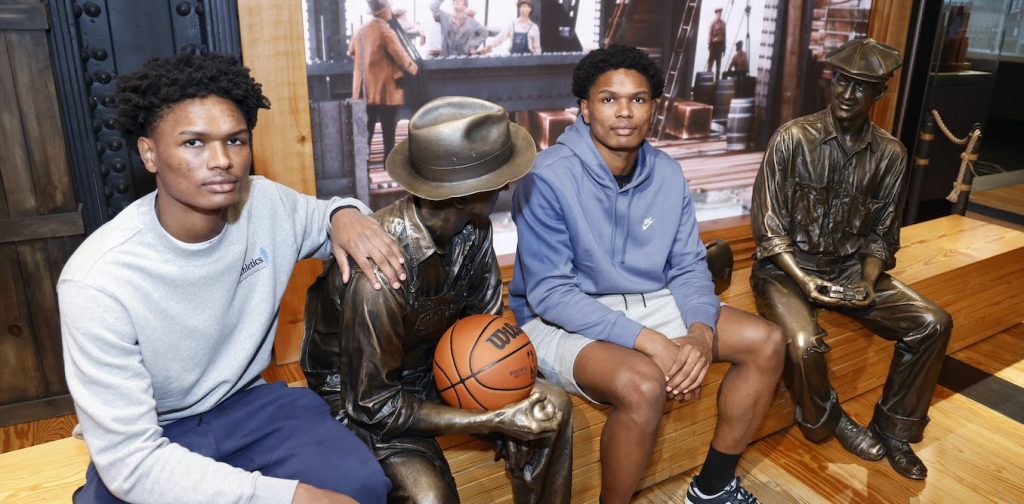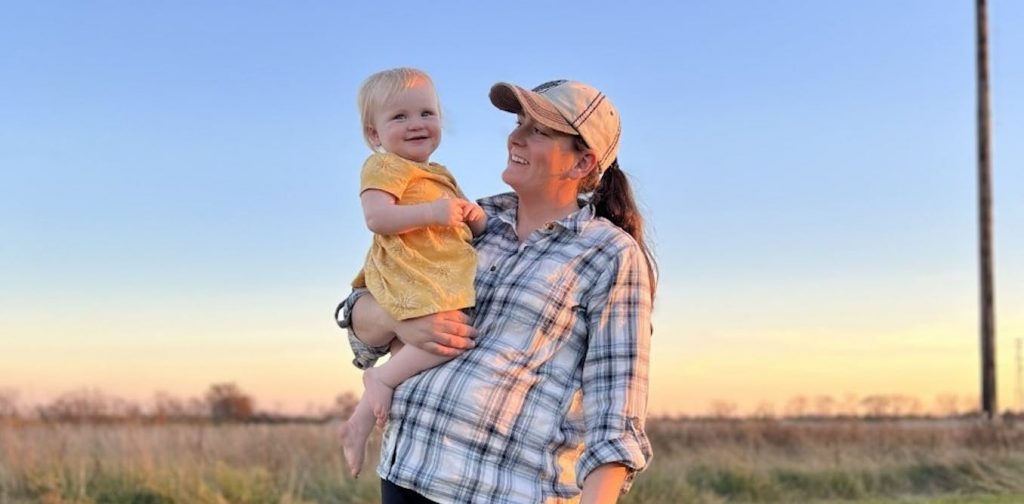To get rid of hazing, clarify what people really think is acceptable behavior and redefine what it means to be loyal

My husband and I spent a late August day several years ago settling in our oldest child, Andrew, for the start of his first year at college. We went to Walmart to buy a mini fridge and rug. We hung posters above his bed. We attended the obligatory goodbye family lunch before heading to our car to return to a slightly quieter house.
Two weeks later, Andrew called me, his voice breaking. A student in his dorm had just died as a result of head trauma after a fall the young man took while extremely drunk. Media coverage in the months following indicated that instead of seeking help immediately after the fall, the young man’s friends waited nearly 20 hours to call 911. At that point, it was too late for potentially lifesaving medical treatment.
I’m a mom of three and a professor who studies social norms – the unwritten rules that shape people’s behavior. In my book “Why We Act: Turning Bystanders into Moral Rebels” I explore the factors that keep people from speaking up in the face of problematic behavior of all types.
I’ve thought about the story of my son’s classmate often as reports recently surfaced of the widespread hazing among players on the Northwestern University football team, four of whom are suing the institution. Hazing is remarkably common; for instance, one NCAA report states 74% of student-athletes experience it. Thankfully hazing-related deaths are more rare.
I suspect the root cause of these kinds of tragic situations on college campuses is the same: misperceiving what other students are thinking and feeling.
Misperceiving that you’re the only one
Problematic behavior in group settings – from students ignoring signs of a medical emergency to athletes hazing freshman recruits – often continues because people privately feel uncomfortable with what they see happening yet believe their peers don’t share their concerns.
This perception, regardless of its accuracy, leads people to stay silent because they fear the consequences of speaking up: Will doing so lead to rejection from the group? The most common reason male college students give for failing to speak up in situations involving sexual misconduct is fear of being laughed at or ridiculed. This fear is a normal part of human nature. But it weighs especially heavily when you’re an 18-year-old in a new environment and want desperately to fit in.
Psychologists call this condition pluralistic ignorance: A majority of people privately believe one thing but incorrectly assume that most others feel differently. Pluralistic ignorance explains why most college students feel there’s too much alcohol use on their campus but believe other students are perfectly comfortable with the amount of drinking. It explains why most college men privately find sexually aggressive behavior offensive but wrongly believe that others endorse it, and why many athletes may privately disagree with hazing but believe that their peers support it.
Why do people fail to recognize that others might in fact share their own beliefs – about hazing or alcohol use or sexual misconduct? It’s because people tend to believe that the behavior of others reflects their true thoughts and feelings. Thus, if other people aren’t speaking up to share their concerns about hazing, you might assume they must be perfectly comfortable with such behavior – even though you’re aware that your own behavior does not always match your beliefs.
 Research finds some athletes don’t speak out against hazing out fear of being rejected by teammates. Bill Varie/The Image Bank via Getty Images
Research finds some athletes don’t speak out against hazing out fear of being rejected by teammates. Bill Varie/The Image Bank via Getty Images
Shift what it means to be loyal
So what can parents, coaches and college administrators do to prevent hazing?
Empirical evidence demonstrates that educating students about the psychological factors that lead people to misperceive what others are actually thinking and feeling can make a real difference.
My own research has shown that women have lower rates of disordered eating if they learned as freshmen how campus social norms contribute to unhealthy body image ideals. I’ve found that college students who learn that many of their peers struggle with mental health challenges have a more positive view of mental health services.
So the first step in preventing hazing is to talk to college students about pluralistic ignorance – what it is and how it happens. Understanding the psychological processes that lead them to misperceive what those around them are actually thinking is the first step in helping students speak up in the face of bad behavior.
The next – and crucial – step is to shift norms about what group loyalty means. In tight-knit groups – such as athletic teams – people feel considerable pressure to show loyalty to other group members. This sometimes translates into staying silent in the face of bad behavior by their peers — sticking together, regardless of right or wrong.
But the same underlying dynamics of peer influence and group cohesion can help create more positive beliefs and behavior. How? By shifting norms about what it means to protect group members.
Instead of staying silent about bad behavior, the expectation becomes stepping in to keep them safe.
This approach to changing their behavior teaches students that a single bad act hurts the reputation of the entire group, that all members of the group have a responsibility to protect their friends. Being a good friend, fraternity brother, or teammate means speaking up, not staying silent.




